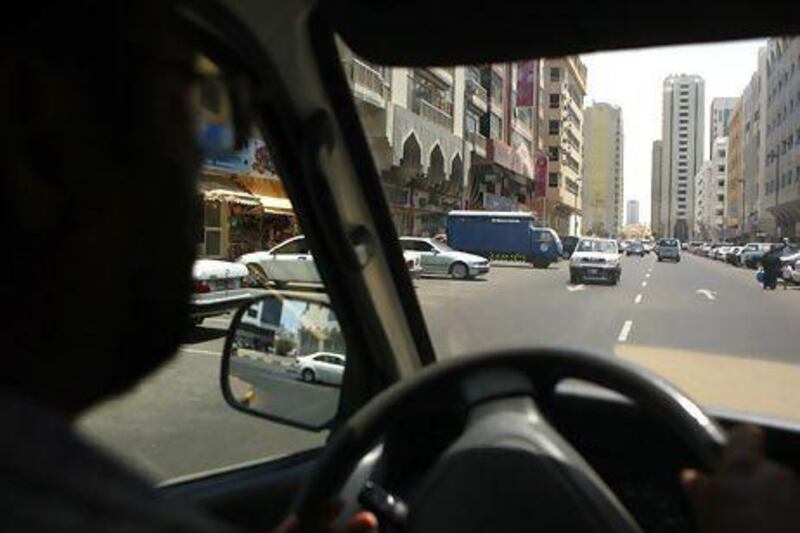Online retailers will cash in when a new address system is introduced in Abu Dhabi, according to one of the region's largest courier companies.
The system, being rolled out across the emirate over the next 30 months, is akin to those used in many other countries, and will give each building a number and every street a name. Postcodes will also be used to identify areas.
"It is fantastic," said Hassan Mikail, the global director of e-commerce at the global logistics company Aramex. "The way it is right now is not properly structured."
The online shopping industry in the Emirates is small, being valued at $281.6 million (Dh1.03 billion) last year by Euromonitor - compared with $47.8bn in the United Kingdom and $11.1bn in Brazil.
"Online shopping as a percentage of total sales across the GCC is relatively small but it is growing very rapidly," said Richard Adams, a director and senior consultant at Acuity Middle East.
"One of the limiting factors, particularly in Saudi, has been the lack of a physical address, whereas in the UAE that has been much less of an issue, principally because providers like Aramex have found ways to deliver products direct to people's doors by essentially having very good understanding of the local geography," he added.
Nevertheless, an address system will make the delivery process more efficient, allowing online merchants and couriers to make more deliveries, said Mr Mikail.
"It is win-win for everybody."
The lack of an address system is one of many reasons behind the slow uptake of online shopping in the UAE, according to Omar Kassim, the founder and chief executive of the online electronic retailer JadoPado.
Customers normally have to rely on delivery drivers' local knowledge of landmarks to ensure they receive their purchases.
"Sometimes customers can get a little bit frustrated because it feels like you have to jump through two or three hoops, which is a bit unfortunate because the system essentially doesn't allow it to happen in any other way," said Mr Kassim.
However, having an address system could give customers more confidence to order online, in addition to making it easier for couriers to find their location.
But the information would have to be accessible by all for it to work.
"If the Government were to make that available, then all someone in Abu Dhabi would need to do is to put in a postal code as such and we could translate that back to an address. It would be a single click and you would be off," said Mr Kassim.






